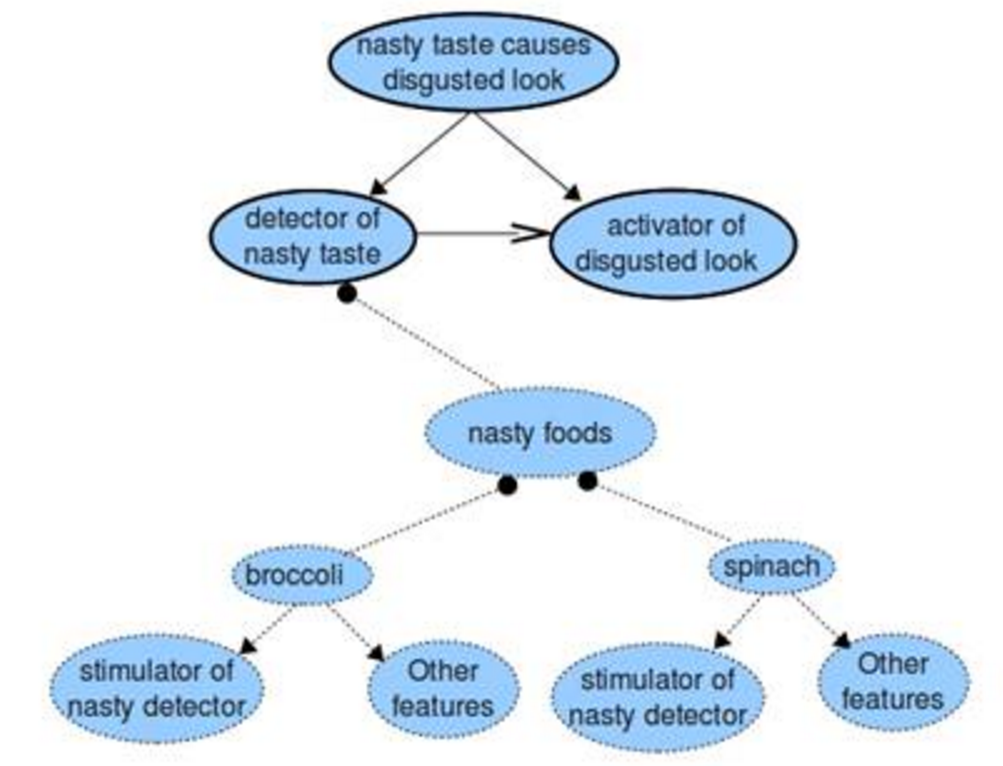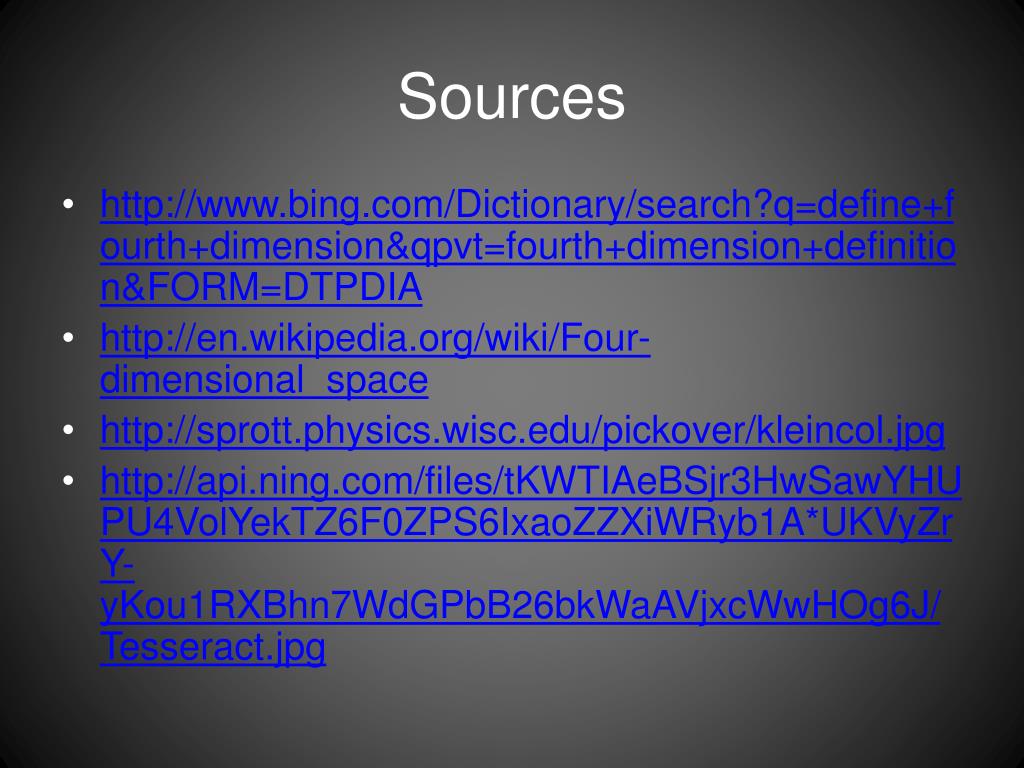
How ‘they’ use a word cannot substitute for the stipulative procedures by which the academy contests and controls second-order specialized usage” (pp. But lexical definitions are almost always useless for scholarly work…. Asad asserts the necessity for scholars translating the concepts of other cultures to make “the coherence primitive thought has in the languages it really lives in, as clear as possible in our own.” Smith, on the contrary, states that “giving primacy to native terminology yields, at best, lexical definitions…. Smith and Talal Asad, and greatly prefers Asad’s understanding over that of Smith. In a theoretical sense, Boyarin juxtaposes the views of two influential scholars of religious and cultural studies, Jonathan Z. xi) is not a useful term for scholarship.

This brings Boyarin to his main thesis in the book, that “Judaism,” “arguably one of the most key of key words for Jewish studies” (p. We end up with a polythetic definition of a word which did not exist” (p. Nonetheless, for all his appreciation, Boyarin concludes that Satlow “leaves us with the question of why we should seek to define something that no one knows of at the time about which the research is being done…. Smith, who attempted to improve on Neusner by mapping a polythetic variety of Judaisms. He appreciates Michael Satlow, informed by Jonathan Z. He lauds Jacob Neusner’s attempt to define a “‘Judaism’ … that would purportedly be neither essentialistic nor normative,” while criticizing it as “monothetic” (p. 13) while dismissing Moore’s definition as a “normative essentialism” (p. Thus, he greatly appreciates George Foot Moore’s effort to redeem the term Judaism “from the prejudiced antiJudaism of … Protestant Biblical scholars” (p.

Looking back on previous generations of scholarship on the concept of “Judaism,” Boyarin is generous in acknowledging the merits of that scholarship while nonetheless letting the reader clearly understand that his own considered understanding differs. In this, he is the very model of a contemporary Western scholar of the humanities and social sciences. When I speak of the premodern or extra EuroAmerican, I am not claiming that modern Europe represents an advance over all other cultures” (p. 153), and he is at pains to avoid any possibility that his readers might think that he attributes any essential superiority to European culture: “It is important to emphasize … since I do not want to be misunderstood. Elsewhere, he self-identifies as a “non-Zionist” Jew (p.

In the “about the author” blurb, he meticulously informs his readers of his utilization of feminism, queer theory, and postcolonial studies in his work. Scholarship always reflects its times, and Daniel Boyarin’s book Judaism is definitely of the moment. New Brunswick, NJ: Rutgers University Press, 2018. In lieu of an abstract, here is a brief excerpt of the content:īOYARIN, Daniel – Judaism: The Genealogy of a Modern Notion.


 0 kommentar(er)
0 kommentar(er)
